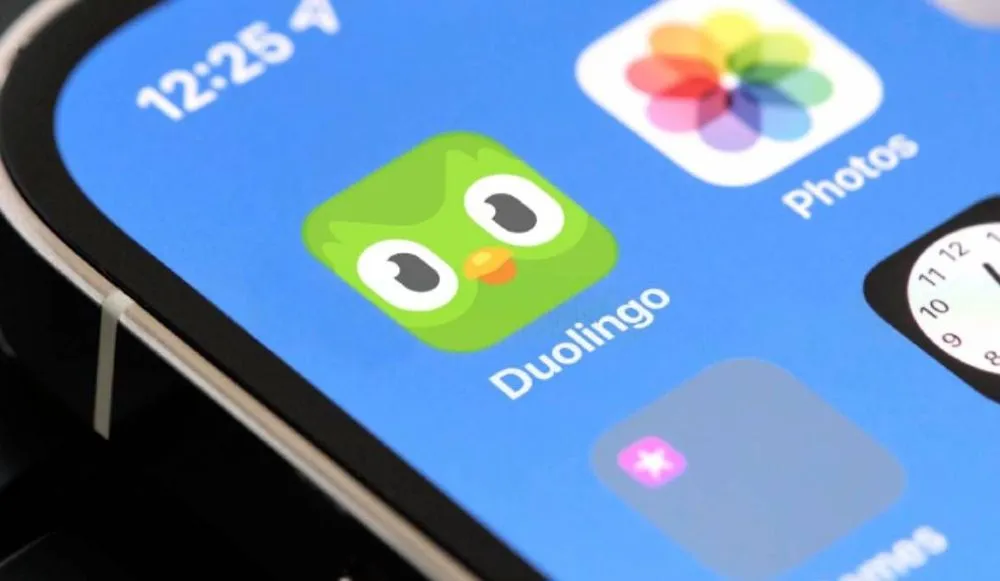Language app Duolingo removes LGBTQ+ content from Russian platforms
The language learning platform Duolingo has deleted all references to the LGBTQ+ community from its platforms in Russia.
According to local media reports, Russia’s Roskomnadzor internet regulator previously requested the U.S.-based company to review its Russian content for the presence of what it called “LGBT propaganda.”
In Russia, LGBTQ+ advocates are labeled as “extremists” and can face arrest and prosecution. Public display of rainbow-colored items is also banned in the country.
Read more: Supporters of Russian anti-war politician arrested for posting LGBT emoji and political memes
Earlier this week, Duolingo sent a letter to Roskomnadzor confirming that it had deleted the requested content, according to the Russian state news agency Tass.
Businesses that operate in Russia can be fined up to four million rubles ($45,000) for promoting LGBTQ+ “propaganda,” and their services may be restricted, according to Roskomnadzor.
A Duolingo spokesperson told Recorded Future News that they “support LGBTQ+ rights and believe in normalizing LGBTQ+ representation” in content.
“Unfortunately, local laws prohibit us from including certain content in Russia,” the company said. “Duolingo’s mission is to expand access to quality education around the world and we’re committed to maintaining access to our product everywhere that is legal to do so.”
Roskomnadzor launched an investigation into Duolingo’s LGBTQ+ content at the beginning of the year after receiving a complaint from the Siberian human rights group Radetel (“guardian” in Russian). As an example of “homosexual propaganda,” they cited the following sentence from the Duolingo app: “Clara met her wife Maria at a lesbian bar.”
Duolingo’s confirmation that it had removed the content coincides with Pride Month.
The company has previously publicly voiced support for the community, saying that it “believes deeply in diversity and representation.” Duolingo’s virtual characters are often of different ages, ethnic backgrounds, and sexual orientations.
“We have a responsibility to reflect and relate to the experiences of all kinds of people, LGBTQIA+ folks included,” the company said in a 2021 blog post.
Editor's note: This article was updated with comment from Duolingo at 10:55 a.m. EST.
Daryna Antoniuk
is a reporter for Recorded Future News based in Ukraine. She writes about cybersecurity startups, cyberattacks in Eastern Europe and the state of the cyberwar between Ukraine and Russia. She previously was a tech reporter for Forbes Ukraine. Her work has also been published at Sifted, The Kyiv Independent and The Kyiv Post.



